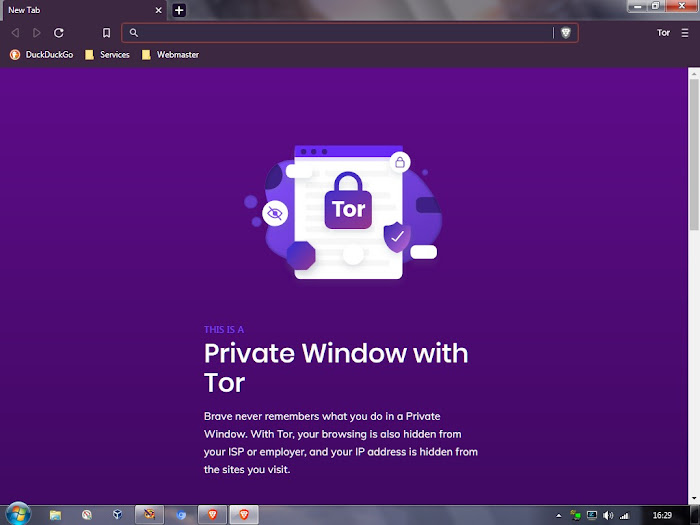Tech giants still insist that this is about marketing, but clearly, you do not need someone's retina-scans, fingerprints or digital forensics to sell them a food mixer. When corporations start angling for this kind of data its intended destination is a police database.

If you know your reggae history, you'll surely have noted the sly twist on the Bob Marley album title Babylon By Bus. Just in case anyone's unfamiliar with this particular context of the word "Babylon", it's a Rasta synonym for authoritarian forces of control and/or a generally corrupt system that works against the power of good.
Sometimes it refers specifically to the police. Sometimes to a collection of state agencies. Sometimes to an entire ecosystem of oppression, including all of its sympathisers. But it's a great term around which to build this article, because it so perfectly places all subjugative forces into one basket, and removes the distinction between government agencies and private corporations who play the exact same role.




